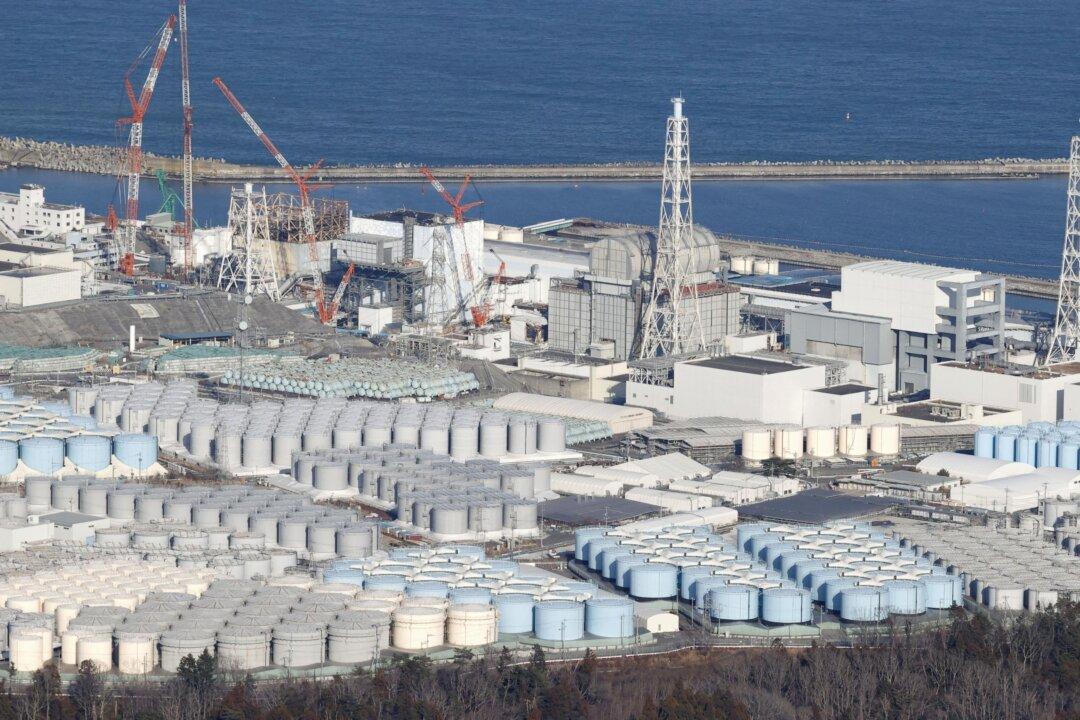On July 28, Nanyang Commercial Bank (NCB) in Hong Kong unveiled a substantial rate hike of 0.375 basis points, setting its rate at 6.125 percent. This increase notably surpassed the 0.125 basis point hikes initiated by the city’s four major banks, sparking extensive industry attention. Analysis said that the NCB has a close relationship with the beleaguered Evergrande, and NCB’s parent company, China Cinda Group, is a creditor of Evergrande. Coupled with the fact that the NCB has recently adjusted the limit for transfers and remittances to third-party accounts to HK$500,000, it is believed that the NCB is likely to face the pressure of cash shortage, and the interest rate hike is an attempt to avoid the development of the property mortgage business.
Chief Vice President of Meridian Mortgage Referral, Cao Deming, affirmed that this rate adjustment is a decision prompted by mounting internal funding pressures. He suggested that other mid-sized and smaller banks may follow the bank and tailor their rate hikes based on financial conditions.
Strained Liquidity at NCB
On June 27, NCB announced adjustments to daily transfer and remittance limits for mobile and personal online banking, reducing the maximum daily limit from HK$1 million to HK$500,000, effective July 24. These changes apply to transactions involving third-party accounts, encompassing local bank accounts with different ID numbers from the account holder, accounts at other local banks, FPS (Fast Payment System) identification codes, and overseas bank accounts.Furthermore, NCB has lowered the threshold for attracting mainland Chinese customers. Opening an account for mainland customers at the bank has become streamlined, involving about eight minutes of mobile operations. This reflects the bank’s pursuit of more deposits amid evident financial constraints.




